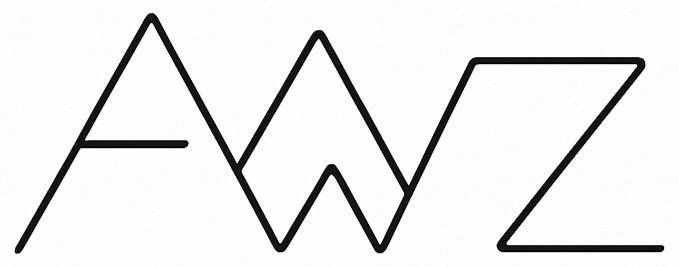KURDISH WITHOUT BORDERS
People without a country, but never without a voice.
A weathered stone wall and a bare tree frame the Kurdish flag waving on a solitary mast, set against a lightly clouded blue sky. Captured in northern Iraq by Levi Mair Clancy and shared via Unsplash, the image reflects resilience and national identity in a landscape marked by memory and quiet strength.
No passport. No flag at the UN.
But if you think the Kurds are invisible, you haven’t been paying attention.
They’ve been called “the largest stateless nation on earth.”
Split across four countries. Silenced in schools. Displaced from mountains they called home for thousands of years.
But despite everything – they never disappeared.
Kurdish existence isn’t a debate. It’s defiance.
More than a map can hold
The world tried to divide them with lines: Iraq. Turkey. Syria. Iran.
But Kurds were never made to fit inside borders drawn by colonial pens.
They come from mountains and migrations, from oral history and resistance.
They never needed permission to exist.
They just did.
From Amed to Qamishlo, from Erbil to Mahabad, from Berlin to Nashville – Kurds carry their homeland in memory, in music, in names, in their backs straight against erasure.
Not a myth. A nation.
This isn’t folklore. This is a people turned into a nation by will, not paperwork.
More than 40 million. With their own languages: Kurmanji, Sorani, Zazaki.
With heroes like Kawa the Blacksmith and real-life fighters who turned Rojava into a blueprint for autonomy.
This is the story of children who learn to speak their mother tongue in whispers.
Of grandmothers who hid songs in lullabies.
Of fathers who sang while burying friends.
Of women who took up arms not just to defend their land – but to redefine what a nation even is.
You can’t erase what remembers itself
The Kurdish people have faced genocide, chemical attacks, displacement, assimilation.
And yet – they remember.
Names. Mountains. Songs. Martyrs.
And with every generation, they pass them forward.
Not to dwell in the past. But to anchor the future.
They write books in exile.
They dance in defiance.
They speak Kurdish on TikTok, at protests, in poetry.
They celebrate Newroz not as a festival – but as fire, as flag, as freedom.
Still here. Still rising.
Kurdishness isn’t about victimhood.
It’s about vision.
It’s in the faces of women building councils in Rojava.
In the voices of musicians turning loss into rhythm.
In the eyes of kids wearing their grandparents’ villages on their sleeves.
It’s not waiting for recognition. It’s creating reality.
A nation without borders.
But not without roots.
Not without fight.
Not without future.
Kurdish. Without apology. Without erasure.
Without borders. But never without belonging.
Some nations are born on paper. Others are carried in song, struggle, and memory.

